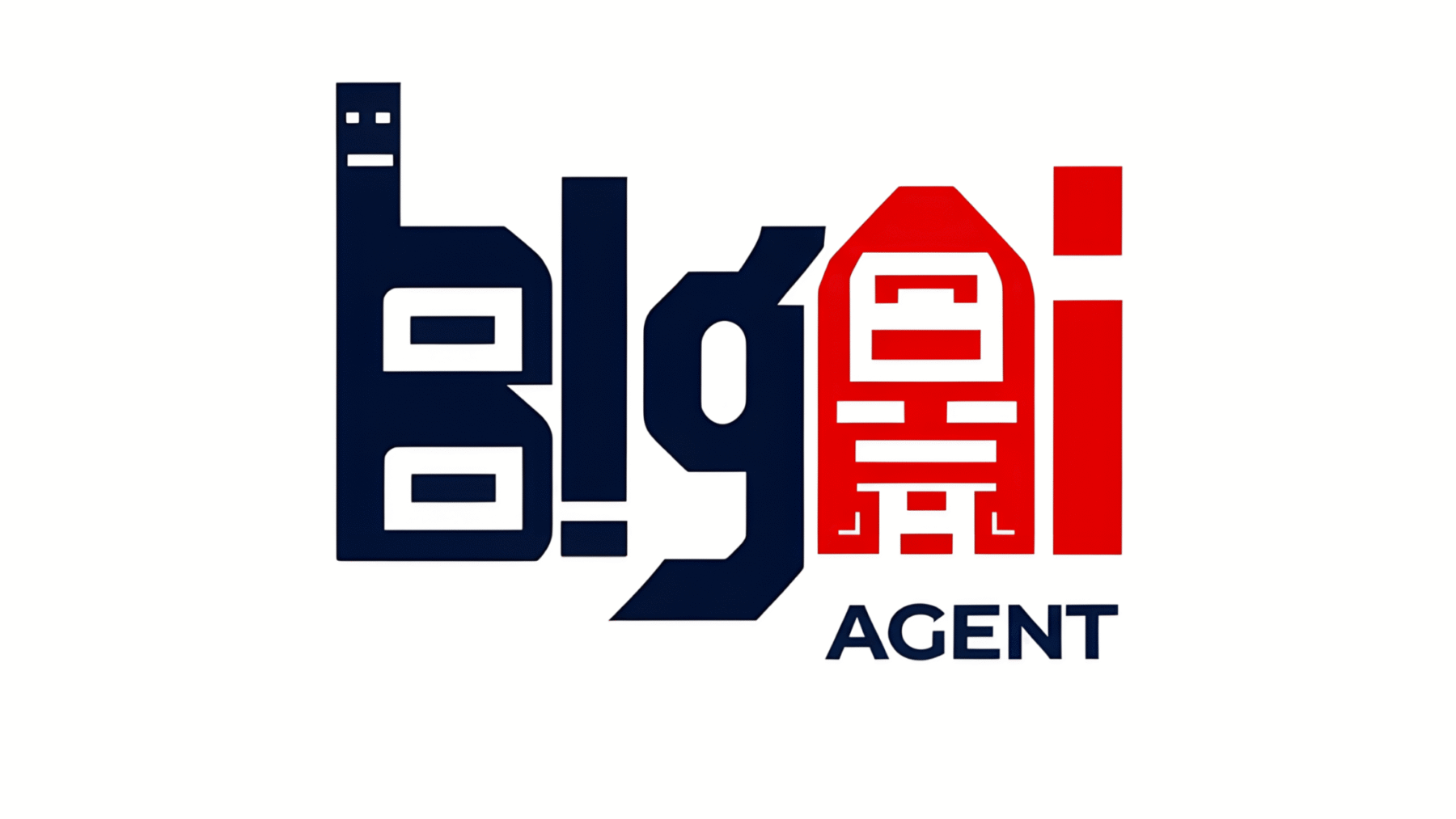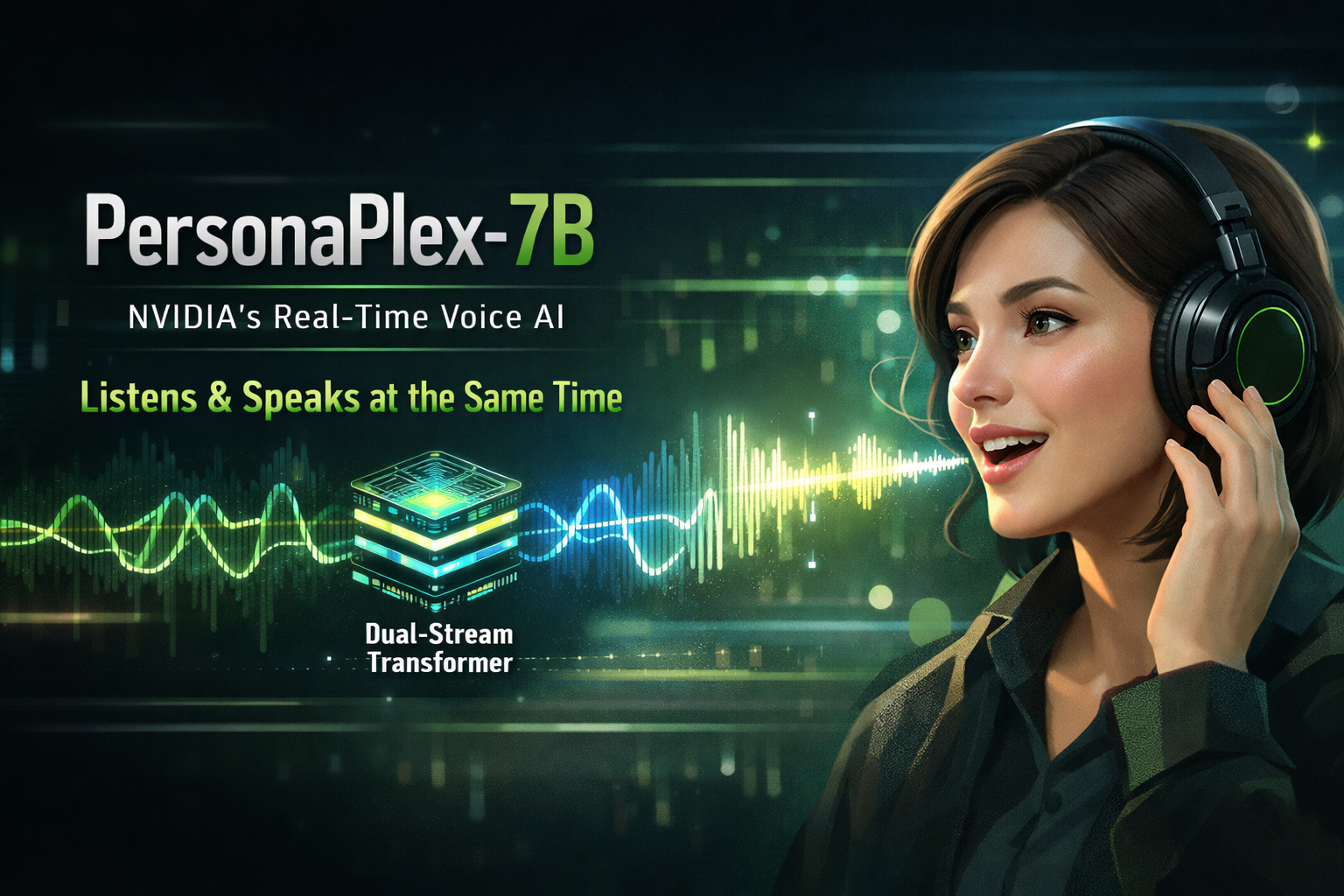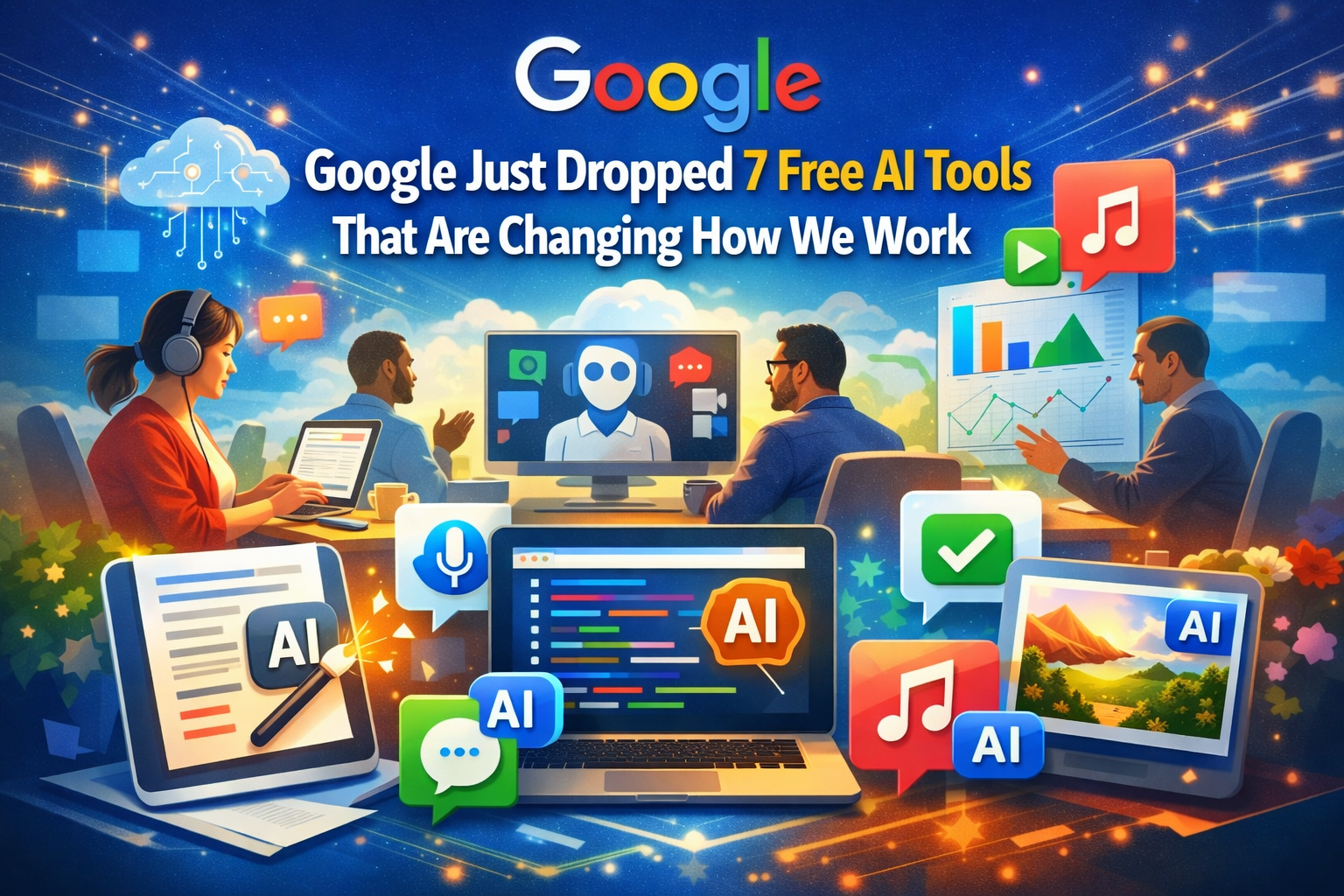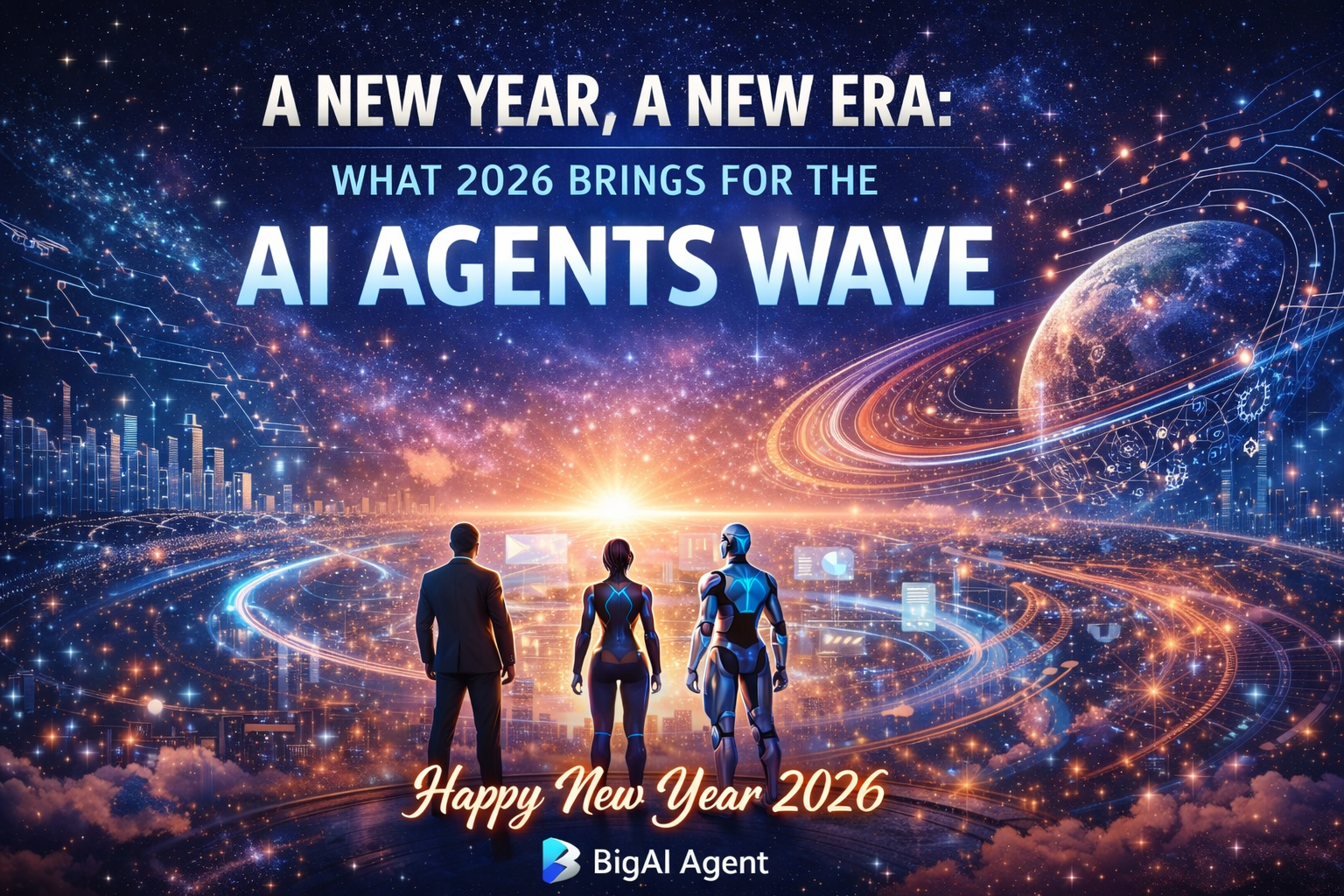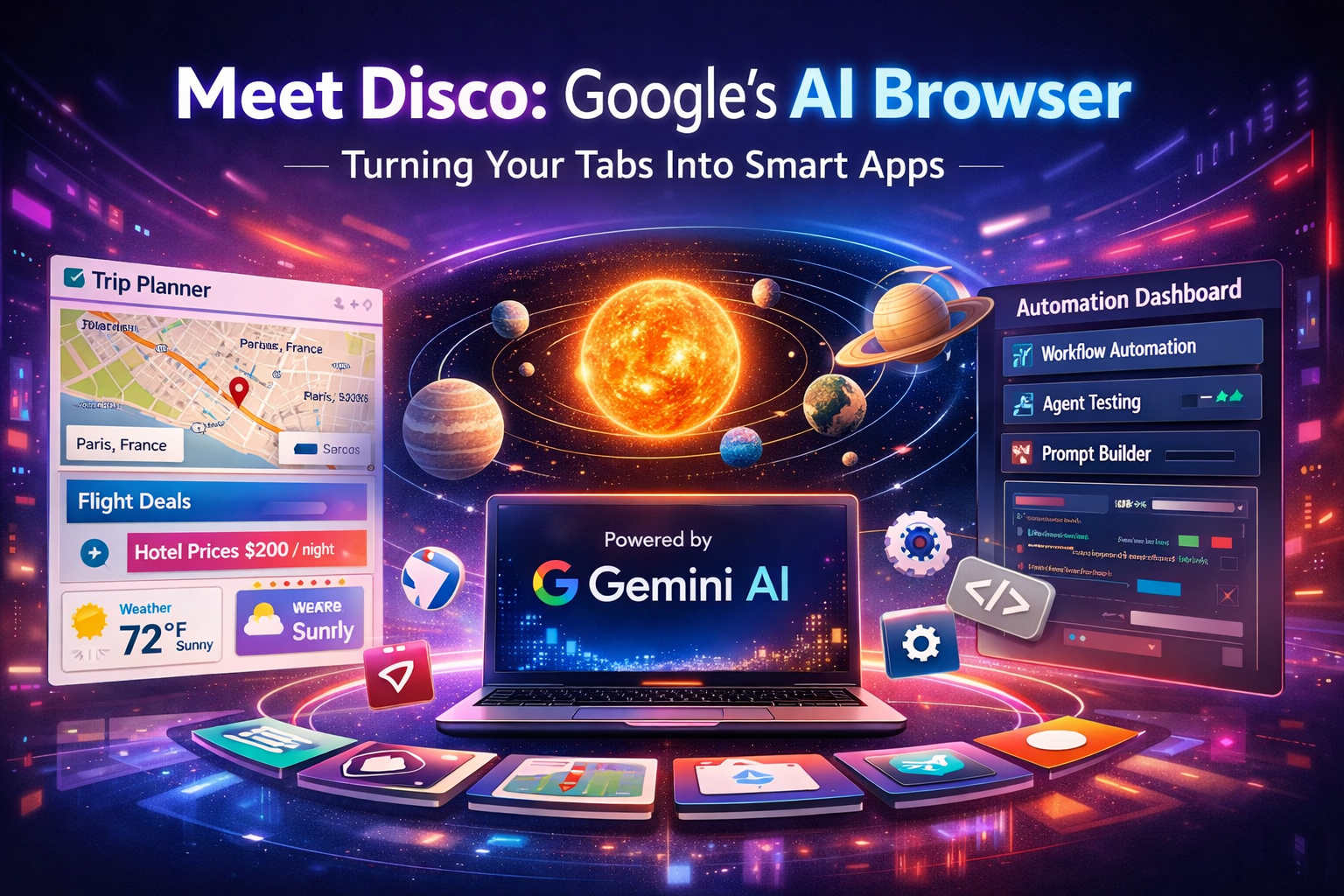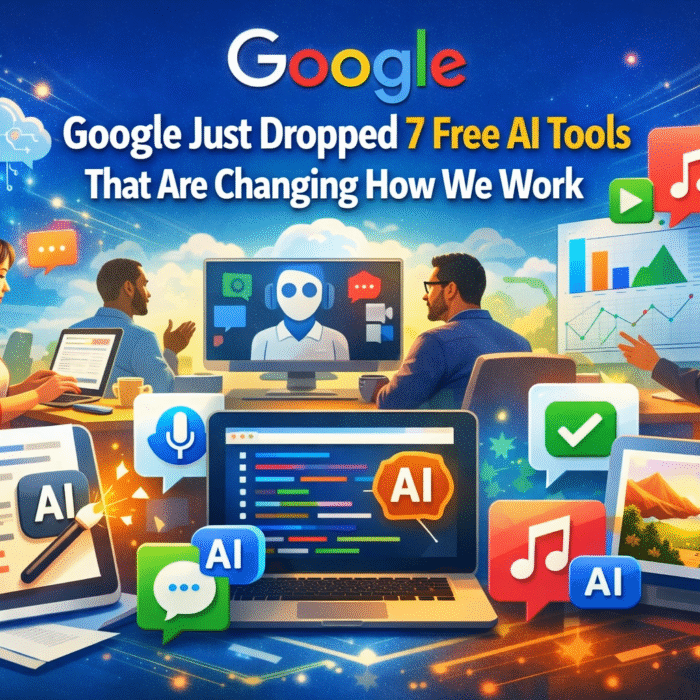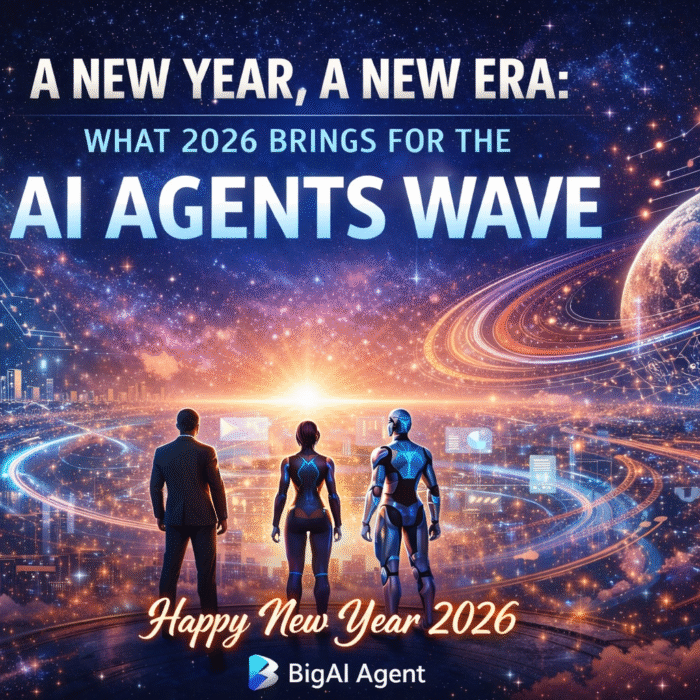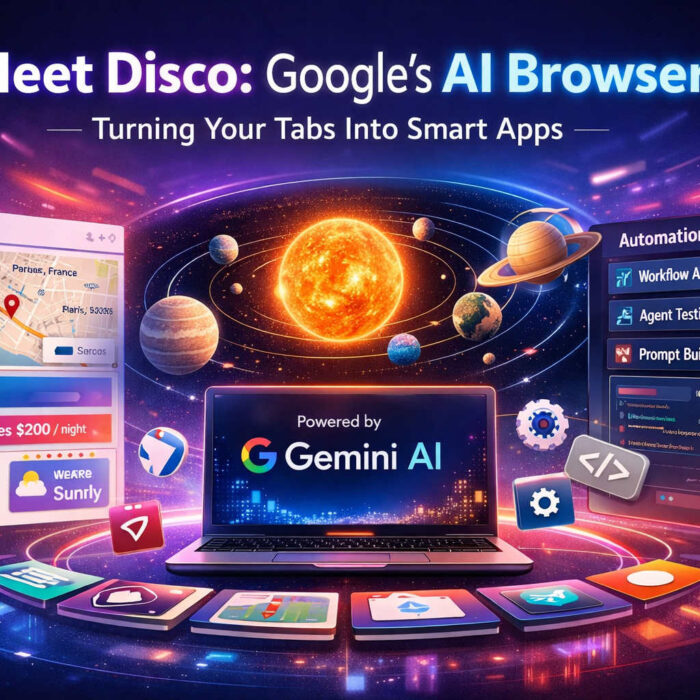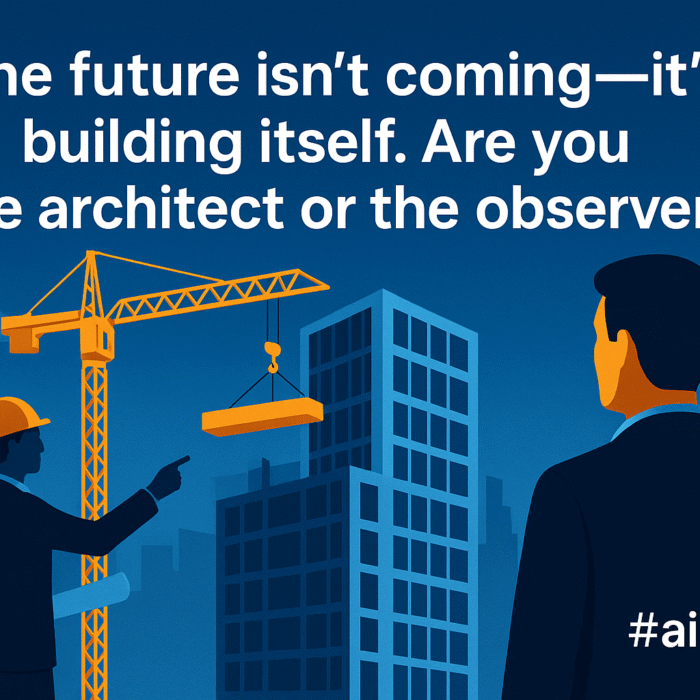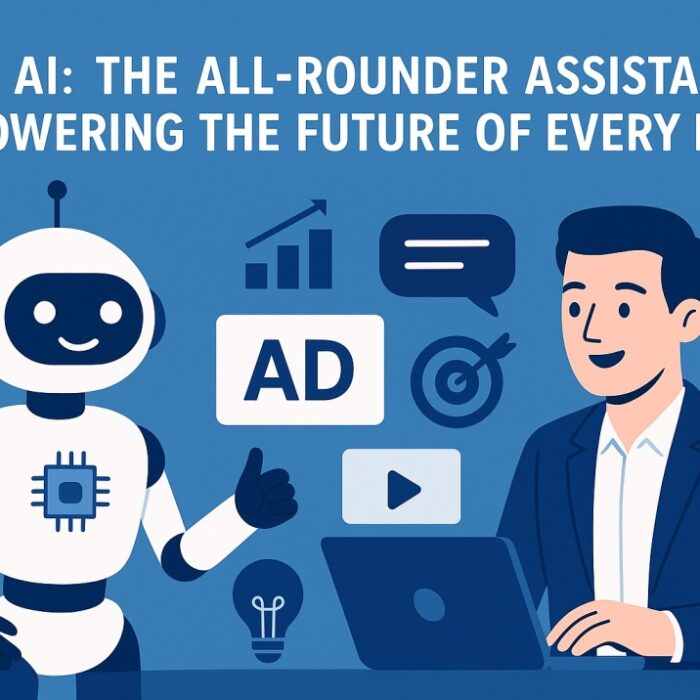The Era of Intelligent Autonomy
Artificial Intelligence is no longer a futuristic concept; it is the present reality driving an industrial revolution across every major sector. What started as data-driven automation has now evolved into AI agent infused intelligent systems, self-learning, decision-making entities that not only assist humans but increasingly operate alongside or even ahead of them.
These AI agents represent the most significant leap in digital transformation since the rise of cloud computing. They are not merely tools but intelligent collaborators that can understand context, make decisions, communicate, and continuously optimize their actions based on outcomes. From finance and healthcare to manufacturing, logistics, and marketing, industries are being reshaped by these autonomous, adaptive systems.
What Are AI Agent Infused Intelligent Systems?
At their core, AI agents are software entities designed to perceive their environment, process information, and act toward achieving specific goals. When integrated into intelligent systems that combine data, algorithms, and learning loops, they create autonomous ecosystems capable of performing tasks that previously required human intuition and reasoning.
These systems leverage:
- Machine Learning (ML): To learn from patterns and improve over time.
- Natural Language Processing (NLP): To understand and interact with humans seamlessly.
- Computer Vision: To interpret images and video feeds for automation and monitoring.
- Reinforcement Learning: To make optimal decisions through feedback loops.
- Multi-Agent Collaboration: To coordinate multiple agents working toward a shared goal such as managing supply chains or smart factories.
Together, these components build an AI nervous system that powers decision-making across an organization in real time, adaptive, and data-driven ways.
Why the Shift Is Happening Now
The takeover by AI agents is not accidental. Several converging factors have accelerated their dominance:
- Explosion of Data:
Every digital touchpoint from IoT sensors to enterprise systems produces valuable data. AI agents thrive on this abundance, learning faster and optimizing with each new input. - Advancements in Compute Power:
With GPU acceleration, edge computing, and cloud AI, complex models can now run at lightning speed, allowing agents to operate in real time. - Integration of Generative and Predictive AI:
Intelligent systems are evolving from reactive (responding to commands) to proactive (anticipating needs). Generative AI enhances creativity, while predictive models optimize efficiency, enabling end-to-end autonomy. - Scalability and Cost Efficiency:
Businesses can deploy thousands of digital agents without scaling human labor. This reduces costs while increasing operational precision. - Demand for Personalization and Speed:
Customers expect instant, tailored experiences. AI agents personalize interactions and automate decisions, achieving levels of speed and relevance humans cannot match.
Industry Transformations: Where AI Agents Are Making the Biggest Impact
Let us look at how these intelligent, agent-driven systems are redefining industries worldwide.
1. Manufacturing: The Rise of the Autonomous Factory
In smart manufacturing, AI agents act as digital supervisors monitoring production lines, predicting equipment failures, and optimizing workflows.
- Predictive Maintenance: Agents analyze sensor data to detect anomalies before breakdowns occur.
- Process Optimization: They balance workloads and adjust production rates dynamically.
- Quality Control: Computer vision-based agents ensure defect-free output.
For example, Siemens uses AI agents to automate predictive maintenance and energy management in its factories, reducing downtime by up to 30%.
The result is factories that think, adapt, and self-correct without human micromanagement.
2. Healthcare: Intelligent Care Systems
In healthcare, AI agents are saving lives by making real-time, data-backed decisions.
- Patient Monitoring Agents: Continuously track vitals and alert caregivers to abnormalities.
- Clinical Decision Support Agents: Analyze medical records to assist doctors in diagnosis and treatment.
- Administrative Agents: Streamline scheduling, billing, and insurance claims.
For instance, AI agents integrated into hospital systems can predict patient deterioration hours before visible symptoms appear, giving doctors a critical head start.
This new wave of intelligent healthcare systems merges empathy with efficiency, ensuring precision without losing the human touch. With AI agent infused intelligent systems, it’s not only getting easier but way smoother for everyone.
3. Finance: From Analysis to Autonomous Action
Finance was among the first sectors to embrace AI automation, but with AI agents, the transformation is deeper.
- Robo-Advisors: Agents evaluate market conditions and create personalized portfolios for users.
- Fraud Detection Agents: Monitor millions of transactions per second, flagging anomalies in real time.
- Algorithmic Trading: Agents execute trades based on predictive market modeling.
What is changing now is autonomy. Financial agents do not just react but anticipate shifts in markets and customer behavior. Firms using intelligent agent systems report significant increases in efficiency and profit margins.
4. Retail and Marketing: Hyper-Personalization at Scale
AI agents are rewriting the rules of customer engagement. AI agent infused intelligent systems is growing with time, and how they will affect us is just another aspect of understanding them.
- Shopping Assistants: Guide users through products based on preferences and real-time context.
- Dynamic Pricing Agents: Adjust prices on demand, factoring in inventory, competition, and trends.
- Marketing Automation Agents: Manage campaigns, segment audiences, and optimize content performance automatically.
For example, a retail brand can deploy thousands of AI-driven marketing agents that test messages, learn what converts, and adjust campaigns in seconds, something human marketers could never achieve manually.
The future of commerce is being personalized by intelligent agent ecosystems that understand every customer individually. AI agent infused intelligent systems are everywhere now.
5. Logistics and Supply Chain: From Visibility to Autonomy
The pandemic exposed how fragile global supply chains can be. AI agents are now the answer to that fragility.
- Demand Forecasting Agents: Predict fluctuations and adjust procurement accordingly.
- Fleet Management Agents: Optimize routes and delivery schedules dynamically.
- Warehouse Agents: Coordinate robotic arms and drones for seamless inventory management.
Companies like Amazon and DHL already use agent-based systems to run logistics hubs that operate 24/7 with minimal human oversight and near-zero errors.
The goal is not just automation but autonomous synchronization where every link in the supply chain learns, adapts, and reacts intelligently.
6. Energy and Sustainability: Smart Resource Management
Energy grids and sustainability initiatives are being powered by AI agents that balance consumption and efficiency.
- Smart Grid Agents: Regulate power flow based on real-time demand and weather conditions.
- Energy Optimization Agents: Reduce waste across industrial operations.
- Environmental Monitoring Agents: Track emissions, predict hazards, and recommend interventions.
These systems are critical for achieving carbon-neutral targets. By predicting and self-regulating, AI agents help industries become more sustainable and resilient. As we know that AI agent infused intelligent systems are growing their path to a successful agentic future, there are still multiple use cases left unexplored to tailor these agents.
The Core Advantages of AI Agent Infused Systems
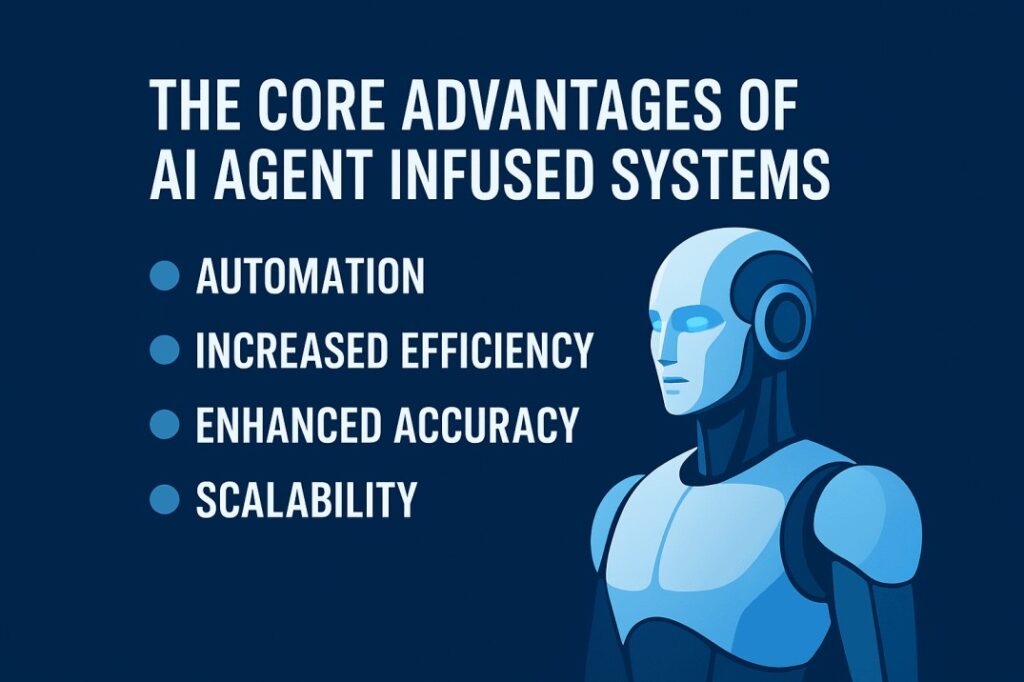
- Continuous Learning:
Unlike static systems, AI agents evolve with every data point, becoming smarter and more precise. - 24/7 Operation:
Agents do not tire or deviate, ensuring reliability and uptime beyond human limits. - Data-Driven Decisions:
Every action is backed by evidence, eliminating guesswork from operations. - Scalability:
One agent can be replicated into thousands, handling millions of interactions simultaneously. - Cost Optimization:
Reduced human dependency and improved resource allocation cut operational costs dramatically. - Enhanced Collaboration:
Multi-agent frameworks enable different systems such as finance, logistics, and production to collaborate and share insights instantly.
Challenges and Ethical Considerations
While AI agent systems bring immense value, they also raise new challenges.
- Data Privacy: Handling sensitive data responsibly is crucial as agents process personal and corporate information.
- Transparency: Black-box decision-making can make accountability difficult.
- Bias in Training Data: Agents can unintentionally replicate systemic biases if not monitored.
- Job Displacement: Automation will redefine roles, demanding new skill sets for human workers.
Responsible AI governance through explainable AI models, human-in-the-loop designs, and strong data ethics is essential to maintaining trust.
The Future: From Intelligent Systems to Cognitive Ecosystems
We are transitioning from isolated AI applications to connected cognitive ecosystems. In this new paradigm:
- Agents will not just perform tasks but will negotiate, collaborate, and co-create across networks.
- Autonomous decision systems will power real-time economies where humans oversee strategy while agents execute operations.
- Emerging technologies like quantum AI, neuromorphic computing, and federated learning will multiply agent intelligence and reduce bias.
By 2030, experts predict that over 40% of business operations will be managed by intelligent AI agents. This marks not the replacement of humans but a rebalancing of roles, humans as creative strategists, agents as cognitive executors.
The Intelligent Takeover Has Just Begun
The infusion of AI agents into intelligent systems marks a turning point in industrial evolution. What began as automation has matured into autonomy, systems that sense, think, and act without constant human guidance.
Whether it is healthcare, manufacturing, logistics, or finance, industries are being redefined by the intelligence embedded within their systems. The organizations that adapt, building hybrid teams of humans and AI agents, will not just survive this wave but lead it.
The future belongs to those who embrace agentic intelligence, where humans design the purpose, and AI agents deliver the precision. AI agent infused intelligent systems are going to be the real thing, and they’re not any further away from achieving the whole industry.

